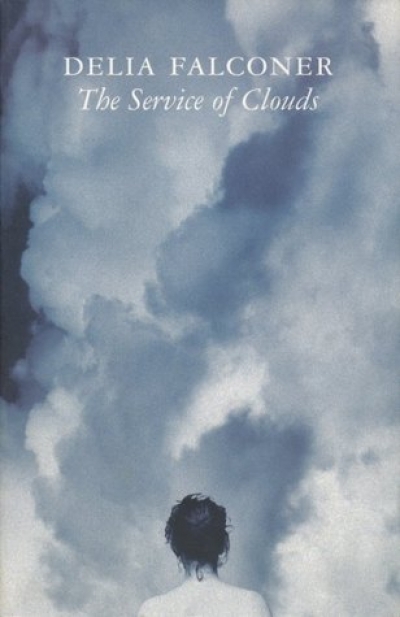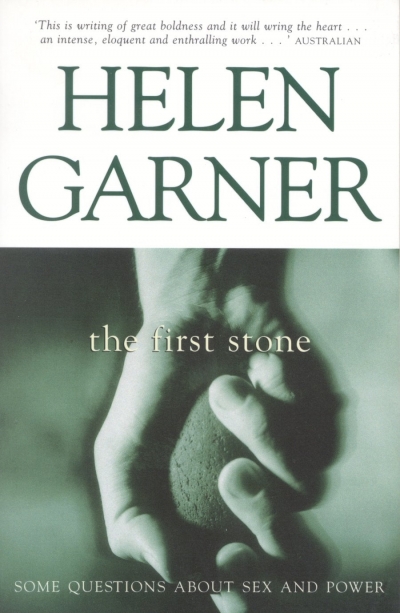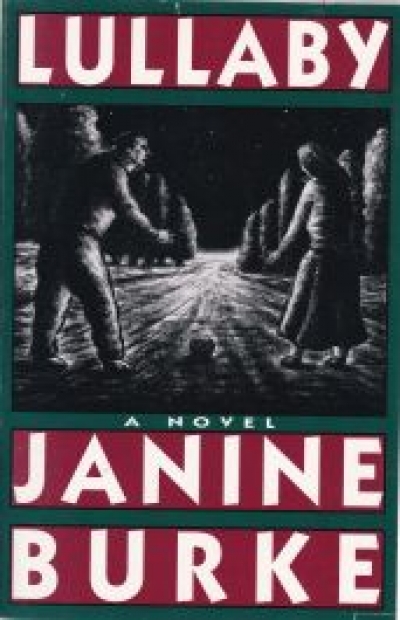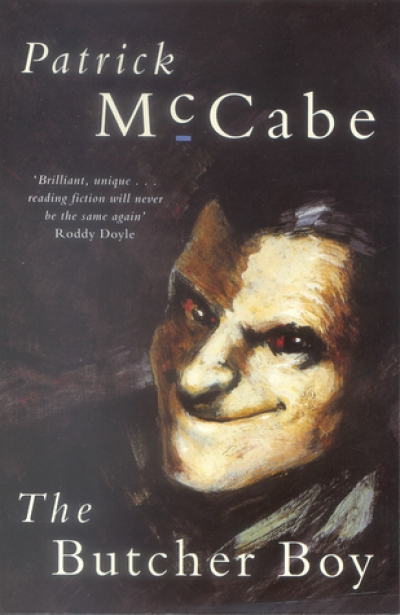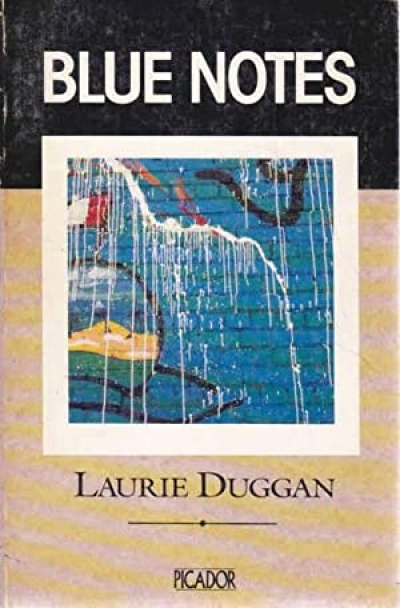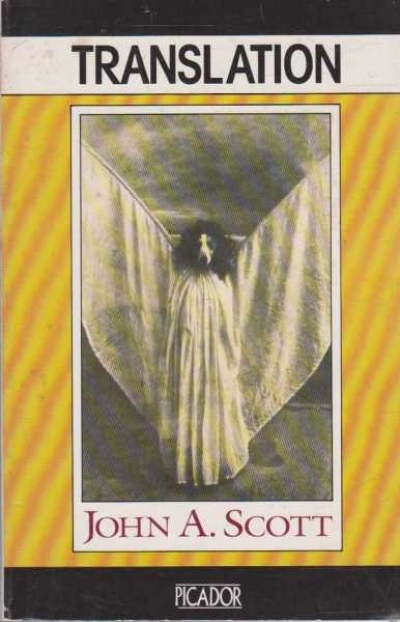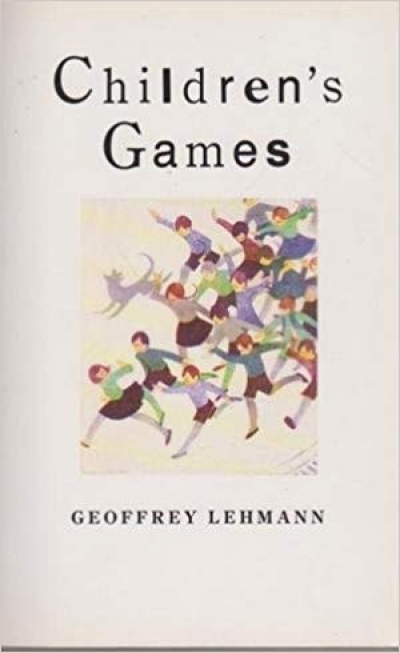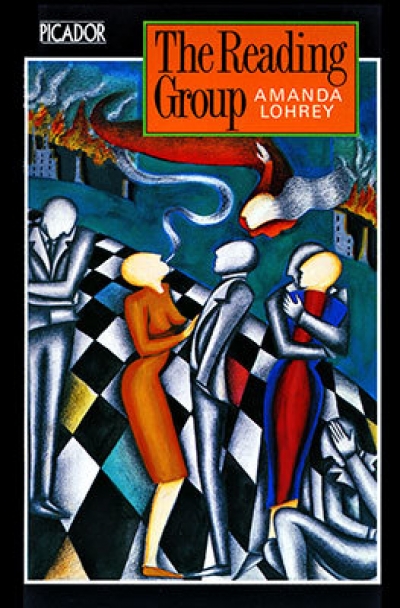Do people still have reading groups? I suppose they do. I wonder what people in them read these days. Foucault? No, that’s surely passe. Do they have reading groups about novels which read novels about reading groups which don’t read novels? Perhaps. And would that qualify as meta-literature about meta-theory? Probably yes, especially if you were in a post-Foucault reading group about novels. I’m a pre rather than post person myself:
When I was ‘younger, and less cynical’, like Lohrey’s characters, reading groups gathered in dingy terrace houses at night to wade through a suitably weighty tome of Grand Social Theory. Marx’s Capital was always a favourite. Young aspiring male intellectuals, accompanied by transient and sometimes bewildered female companions, sparred with one another until alcohol or other substances opened a trail to the record player and another favourite game of one-upmanship, ‘have you heard … ’ rather than ‘have you read … ’ More rigorous groups were dry, or so I’m told.
...
(read more)

